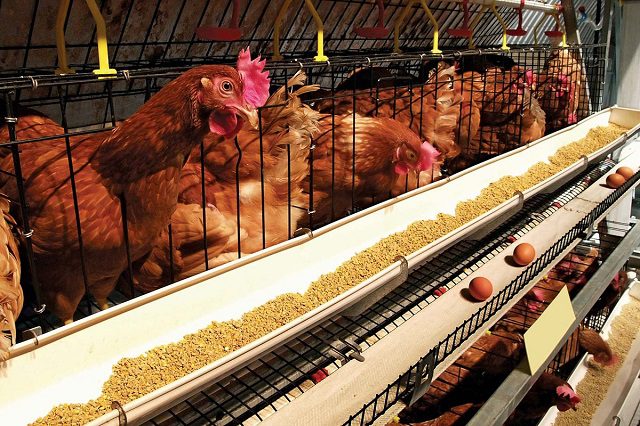When it comes to constructing a fence, the strength and stability of your entire structure hinge on one critical element—the fencing posts.
Often overlooked, the choice of posts can make or break the durability and longevity of your fence. Whether you’re safeguarding your property, enhancing its aesthetic appeal, or securing livestock, selecting the right type of posts is the foundation upon which all these goals rest. From the tried-and-true durability of concrete posts to the eco-friendly appeal of recycled plastic, we’ll walk you through the essential factors to consider for a fence that not only supports your property but also enhances its value.
In this guide, we delve into the various post options available, each with its unique benefits and ideal applications, helping you make an informed decision that will ensure your fence stands the test of time.
1. Recycled Plastic Fencing Posts

Recycled plastic posts are becoming increasingly popular due to their environmental sustainability and exceptional durability. Made from recycled plastics, these posts are resistant to rot, corrosion, and insect damage, making them suitable for various fencing applications. While the initial cost may be higher compared to traditional materials, their long lifespan and minimal maintenance needs make them a cost-effective choice in the long run. Recycled plastic posts are ideal for areas prone to moisture and decay, as they do not absorb water and are impervious to the elements.
Read Next; Which are the Best Fencing Options in Kenya? Comprehensive Guide
Best For: Residential fences, agricultural fencing, and coastal areas where moisture resistance is essential.
2. Concrete Fencing Posts

Concrete posts are known for their strength and durability, making them an excellent choice for permanent fencing installations. These posts are resistant to rot, decay, and insect damage, which makes them ideal for use in areas with high humidity or where longevity is a priority. Concrete posts are often used in combination with chain link fencing or as supports for electric fences. Despite being more labor-intensive to install, they provide a stable and long-lasting foundation for any fence.
Best For: Permanent installations, high-security fences, and regions with extreme weather conditions.
3. Steel Fencing Posts

Steel posts are favored for their exceptional strength and durability. They are often galvanized to resist rust and corrosion, making them a long-lasting option for various fencing types. Steel posts are particularly useful in high-security and industrial settings due to their robust nature. They can be used with chain link, wire, or even wooden panels, providing a versatile solution for both temporary and permanent fences. However, steel posts can be more expensive and require proper installation to ensure stability.
Best For: Industrial fencing, high-security areas, and commercial properties.
4. Treated Wooden Posts

Wooden posts are a classic choice for fencing, offering a natural and rustic appearance that blends well with various landscapes. Treated wood posts are resistant to rot and insects, but they still require regular maintenance, such as sealing or staining, to extend their lifespan. Wooden posts are versatile and can be used with many fencing materials, including timber, wire, and even vinyl panels. While they may not last as long as other materials like steel or concrete, they are a more budget-friendly option with a traditional aesthetic.
Best For: Residential gardens, agricultural fencing, and decorative fences.
5. Composite Posts
Composite posts combine the best qualities of wood and plastic, offering a durable and low-maintenance option for fencing. Made from a mix of wood fibers and recycled plastic, composite posts are resistant to rot, warping, and insect damage. They provide the natural look of wood without the associated maintenance, making them an excellent choice for homeowners looking for an eco-friendly yet stylish fencing solution. Although composite posts are generally more expensive than wood, their longevity and minimal upkeep can justify the investment.
Best For: Eco-friendly projects, residential fencing, and decorative boundaries.
Choosing the Right Fencing Posts for your Property
When selecting the appropriate posts for your fence, consider factors such as the environment, the intended use of the fence, and your budget. For instance, if you’re in a coastal area with high humidity, recycled plastic or concrete posts might be the best options due to their resistance to moisture and decay. For high-security needs, steel posts offer the strength and durability required to secure your property effectively. On the other hand, if aesthetics and budget are your main concerns, wooden or composite posts could provide the desired balance of appearance and cost.
Read Next: Which Fencing Plants in Kenya Make the Best Hedges
By carefully evaluating your specific needs and the advantages of each type of post, you can ensure that your fence is not only sturdy and secure but also long-lasting and visually appealing.


